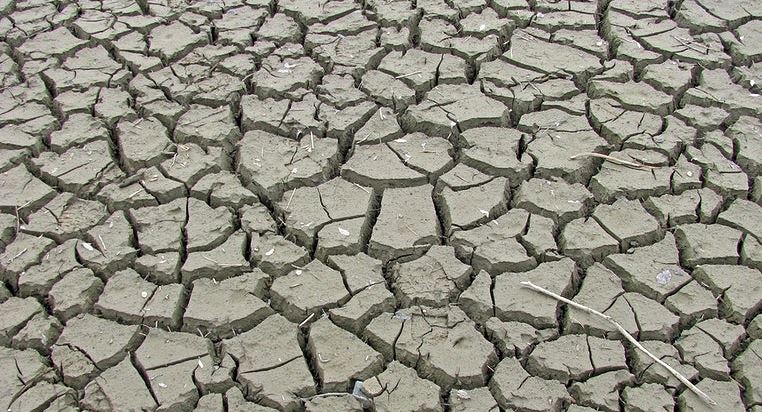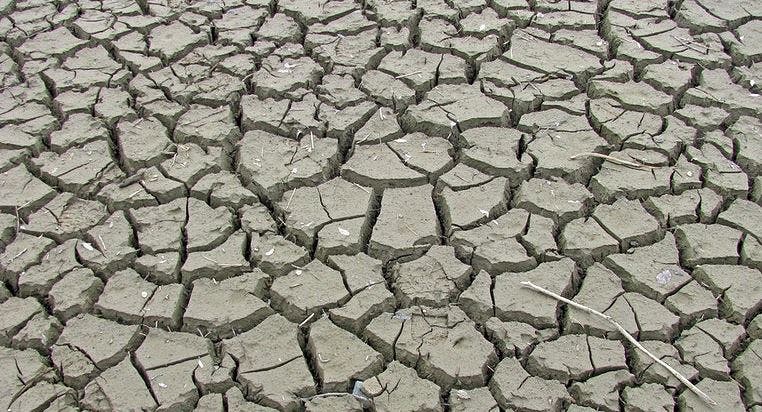
THE CATALAN government on Tuesday introduced the most severe water restrictions possible in 224 of its municipalities due to an ongoing drought. The northeastern Spanish region has been without rain for the longest period since records began in 1905, with the shortage stretching on for 30 months now.
The decision affects the Ter-Llobregat system, which supplies Girona and Barcelona provinces, as well as the metropolitan area of the Catalan capital, among others. The internal basins of the region are at 28% of capacity, according to Spanish daily El Pais.
The net result is that some six million people will not be allowed to water their gardens every day, while there will also be limits on public green areas and farming. Swimming pools can only be partially filled using recycling systems, while others cannot be filled at all. And streets cannot be cleaned using drinkable water.
In the home, there will be a limit on water usage of 230 litres per inhabitant per day, down from 250 litres. The average, however, is around 117 litres, meaning that this restriction will not be noticed by most people.
The regional government may have to resort to further restrictions after the summer if the situation persists.
This marks the first time that the region has entered a state of exception since 2008, when a major drought forced the authorities to import water by boat, according to El Pais.
Read more:

